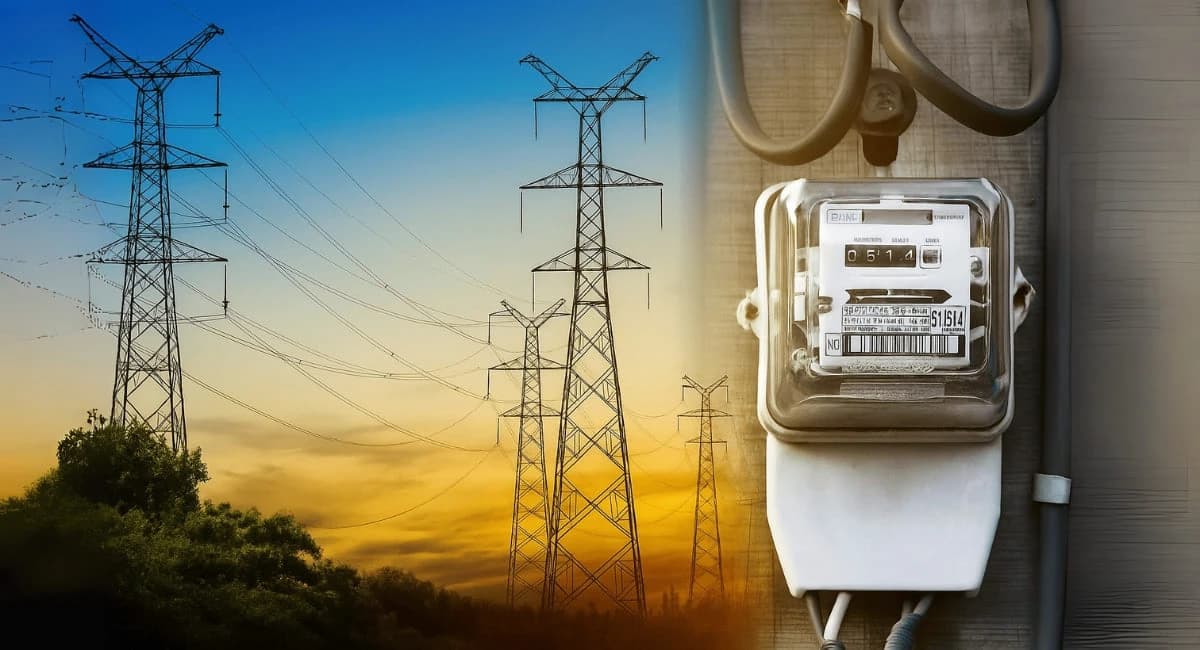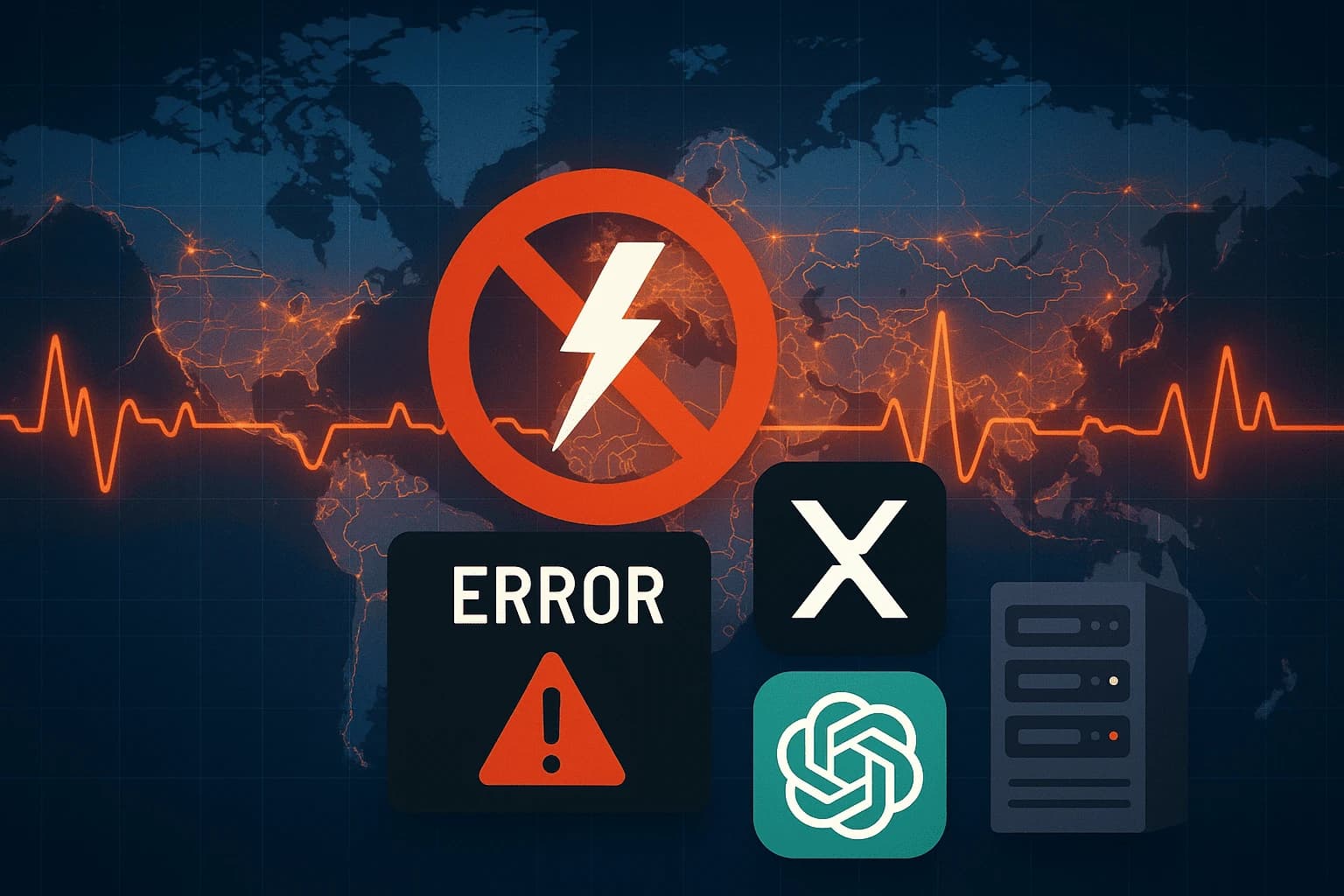© 2025 Roz UpdatesbyTETRA SEVEN

* All product/brand names, logos, and trademarks are property of their respective owners.
The government of Pakistan has signed a record Rs1.225 trillion financing deal to help fix the power sector’s growing circular debt problem. While there won’t be an immediate drop in electricity bills, the agreement is expected to bring a 10% reduction in power bills by 2031.
This is the largest Islamic financing arrangement ever made in Pakistan’s energy sector. It involves 18 commercial banks and is aimed at paying off the debts of Power Holding Limited (PHL) and clearing dues owed to Independent Power Producers (IPPs).
A big part of this deal is the plan to eventually remove the Rs3.23 per unit surcharge currently added to electricity bills. Once the loan is fully repaid, between 2029 and 2031, that surcharge will be removed, giving direct relief to all electricity users.
According to officials, this new financing model will save Rs377 billion in interest payments. More importantly, it replaces old short-term fixes with a market-based, transparent plan, which is expected to increase investor confidence in Pakistan’s energy sector.
“This deal won’t lower your electricity bill right away,” said a senior energy official. “But in the long run, it will reduce costs, make the sector more stable, and allow us to cut tariffs.”
The National Electric Power Regulatory Authority (NEPRA) will continue to oversee electricity tariff rates and ensure updates are shared with consumers as the plan moves forward.
Experts believe this agreement could be a major turning point for Pakistan’s troubled power sector, but only if it’s followed through properly. The success of the plan will depend on tackling long-standing problems like electricity theft, technical losses, and the poor performance of distribution companies (DISCOs), many of which continue to operate with high inefficiency and low recovery rates.
While the Rs1.225 trillion circular debt deal is being praised for its scale and structure, energy specialists warn that unless these operational issues are addressed, the long-term impact may fall short of expectations.
For now, the government is treating this agreement as a critical step toward restoring financial stability in the energy sector, fulfilling IMF commitments, and eventually reducing the burden on ordinary consumers. Although households and businesses won’t see immediate relief in their electricity bills, the plan sets the stage for more affordable power, but only after 2029, when the loan is repaid and the Rs3.23 per unit surcharge is finally removed.

22 November 2025

18 November 2025
No comments yet. Be the first to comment!